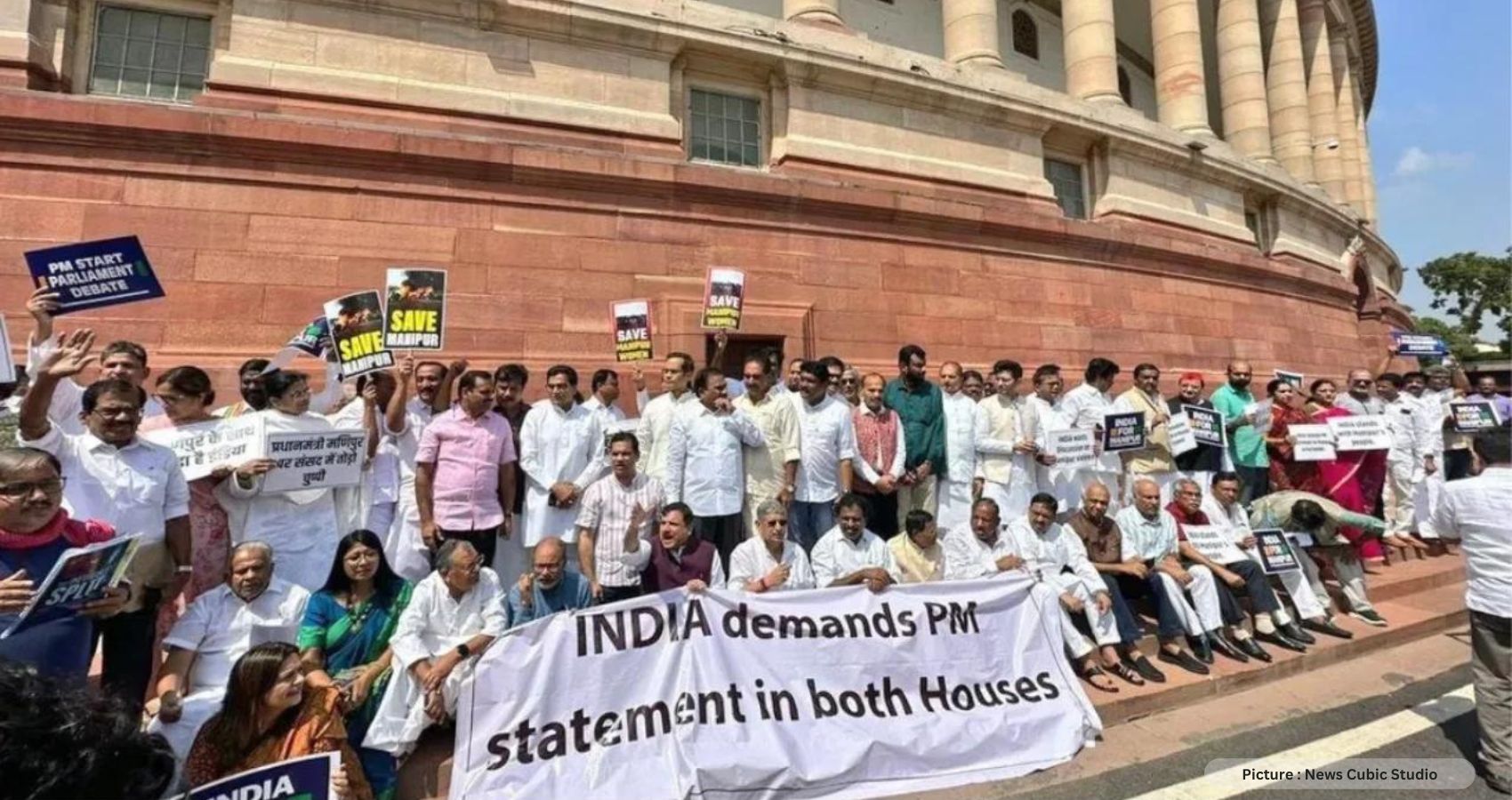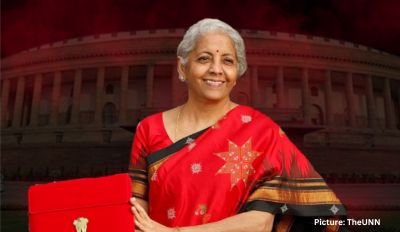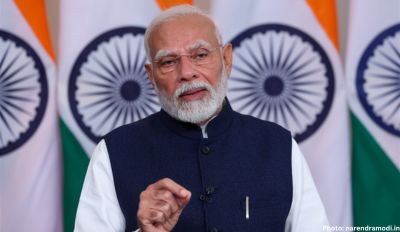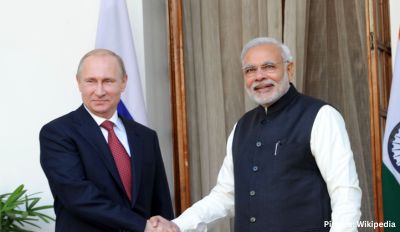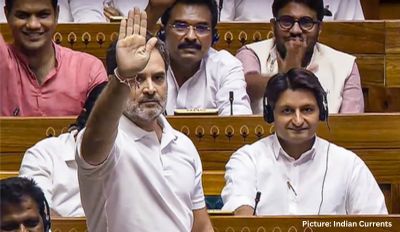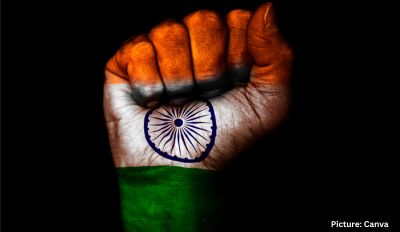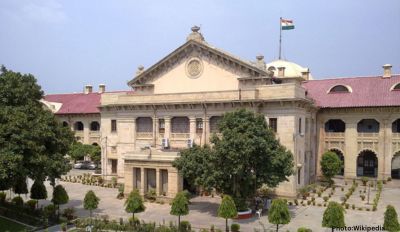Indian Prime Minister Narendra Modi’s government is facing a no-confidence vote in parliament due to a deadlock with the opposition concerning violence in Manipur, a state in northeastern India.
On Wednesday, a member of the opposition Congress party introduced a no-confidence motion, aimed at pressuring Mr. Modi to address the issue of ethnic clashes that erupted in Manipur between the Meitei group, the majority population, and the tribal Kuki minority in May. The violence has led to the deaths of at least 130 people and displacement of tens of thousands.
Despite the no-confidence motion, Mr. Modi’s government is unlikely to lose the vote, given that his party and its allies hold a clear majority in parliament. However, the move is expected to compel the Prime Minister to address the concerns related to Manipur in the parliamentary session.
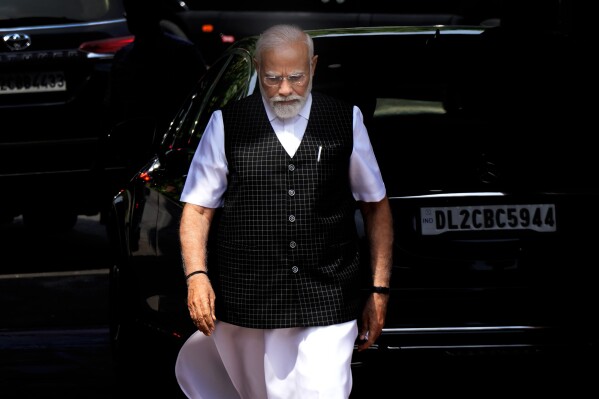
The situation in Manipur escalated last week when a video surfaced showing two women being paraded naked by a mob, triggering global outrage and condemnation. In response to the incident and mounting pressure, Mr. Modi finally broke his silence on the matter, expressing his shame over the incident and vowing to hold the attackers accountable.
Federal home minister Amit Shah had also indicated the government’s willingness to discuss the violence in the Lok Sabha, the lower house of parliament. However, he accused the opposition of obstructing the discussions on the matter.
This marks the second time that Mr. Modi’s government has faced a no-confidence motion since coming into power in 2014. In 2018, a similar motion was brought forward, centered on the issue of granting a special category status to the state of Andhra Pradesh. That motion was ultimately defeated after a 12-hour debate.
To initiate a no-confidence motion, it must be presented in the Lok Sabha and requires the support of at least 50 lawmakers. Once accepted, the speaker will schedule a debate and vote within 10 days. If the government fails to prove its majority, it would be compelled to resign.
In the present case, two motions were moved on Wednesday—one from the Congress party and the other from the Bharat Rashtra Samithi. The speaker, Om Birla, has stated that he will finalize the date for the debate and vote after consulting with leaders from all political parties.
“We are well aware that the numbers are not in our favour,” Manoj K Jha, an opposition MP, said on Wednesday. “But it is not about the numbers, the PM will have to speak in parliament following a no-confidence motion.”
The opposition was “forced to move the no-confidence motion as it was the last weapon”, Congress leader Manickam Tagore said.
Indian Prime Minister Narendra Modi’s government is facing a no-confidence vote in parliament over the handling of the violence in Manipur. Although the government is expected to retain its majority and survive the vote, the no-confidence motion serves as a means to pressure Mr. Modi to address the concerns surrounding the ethnic clashes in the state.
The situation has attracted international attention, particularly due to a shocking incident involving the public humiliation of two women. The government has expressed its willingness to discuss the issue in parliament, but it has accused the opposition of hindering the process. This is the second time Mr. Modi’s government has faced a no-confidence motion, highlighting the political tensions and challenges the government has encountered during its tenure. The final date for the no-confidence vote will be determined after consultation with leaders from various political parties.

